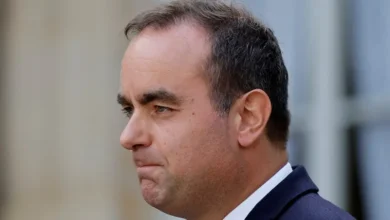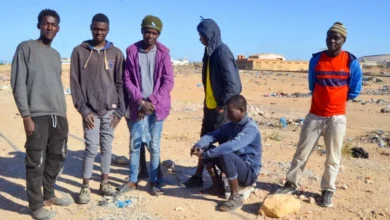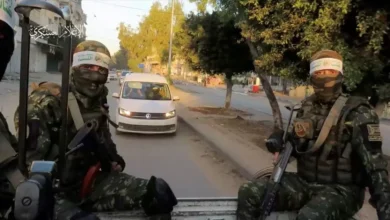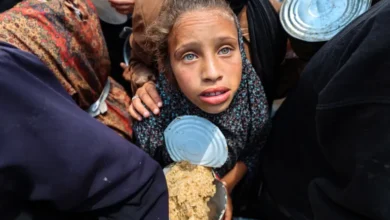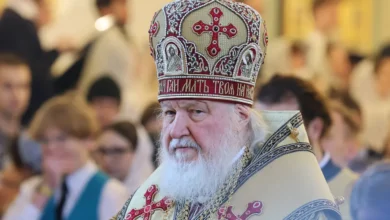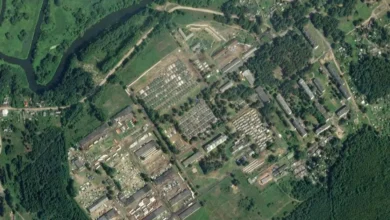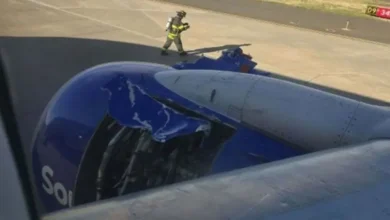Palestinians hoping to return to Gaza’s Rafah find city in ruins
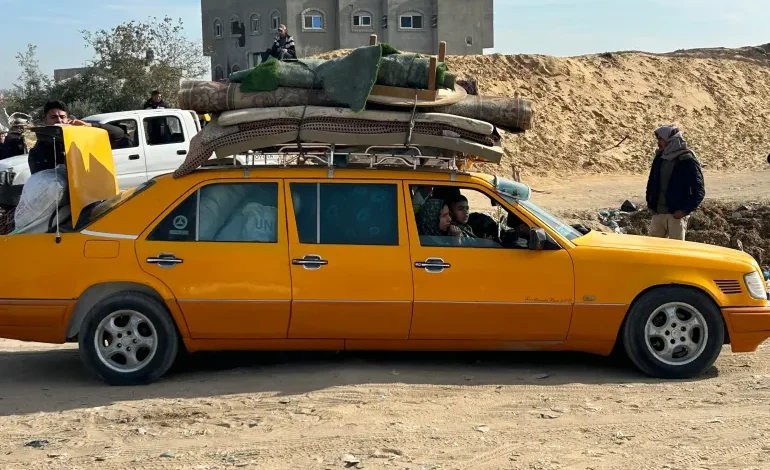
Palestinian farmer Abd al-Sattari owned two houses in Gaza’s Rafah. For the nine months since Israeli forces invaded the southern city, he has been forced into displacement. The 53-year-old had lived with the hope that if one house got hit in one of the Israeli attacks, which have flattened more than 70 percent of the territory, the other one would stay standing to take his family back in when the war finally ended.
On Sunday, even before the ceasefire came into effect, Abd took his eldest son Mohammed and left the rest of their family in their displacement tent in al-Mawasi, on Gaza’s southwestern coast. They rushed to one property, then the next, to face the grim reality: both his houses – one in the area of Shaboura and the other in Mirage – had been reduced to rubble. Abd’s hopes of returning to normalcy have been shattered.The much-anticipated ceasefire agreement came into effect on Sunday morning, bringing what Palestinians hope will be an end to a gruesome war that has killed more than 46,900 people, demolished much of the besieged enclave and driven more than 2 million people into displacement. Even before the ceasefire began, hundreds of families were rushing back to Rafah, having fled after the Israeli invasion, with their few belongings packed into vehicles, animal-pulled carts and bikes.Israeli forces continued their attacks on Gaza, killing more Palestinians just before the ceasefire began. But that did not stop some families who had already headed to their old neighbourhoods and set up camp on the ruins of what were once their homes, eager to move past the darkest months of their lives.
‘Rafah is gone’
But for many, joy turned to anguish as they returned to devastation.
As he surveyed his first home, spanning 200 square metres (2,000 sq ft), and his second two-storey house of 160 square metres (1,700 sq ft), Abd found only destruction. Visits to the homes of his three brothers revealed similar devastation. With no roof to shelter his family, his dreams of ending their seven-month displacement collapsed.
Sitting amid the ruins, Abd called his wife, who had been waiting in the al-Mawasi camp with the family’s belongings packed onto a truck. Over the phone, he broke the news: their homes were uninhabitable, with no walls, water or basic services. His wife wept bitterly, pleading to return despite the devastation, but Abd insisted it was impossible.
Their eldest son, Mohammed, took the phone to persuade his mother to stay put, reassuring her that they would explore ways to prepare for a future return.
“The Rafah we knew is gone,” Abd lamented. “The streets where we grew up, the places we worked—they are now unrecognisable.”
For Abd’s family of six children, this day was meant to mark an end to the misery of displacement. Instead, they face the grim reality of rebuilding from nothing.
Abd reflected on their dashed hopes. “We thought we would finally escape the tents and live within walls again. But now, it feels like a new kind of annihilation – this time, not from bombs but from the sheer absence of life’s essentials.”
